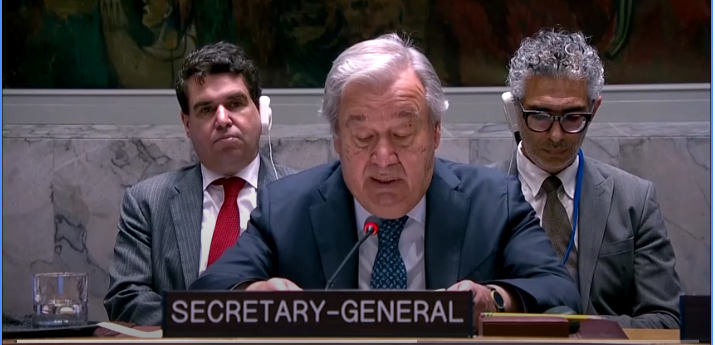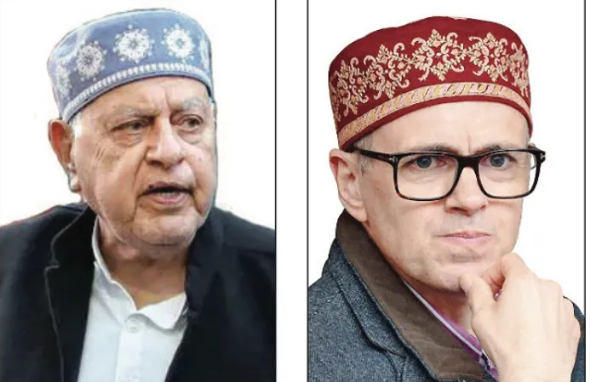
May 12, 2025 – The BBC has decided not to air Gaza: Doctors Under Attack, an independently produced documentary highlighting the experiences of medics in Gaza. Citing concerns over perceived bias, the broadcaster concluded that even using portions of the footage couldn’t meet its strict editorial standards. As a result, ownership has been returned to the production team: Basement Films (theguardian.com).
The move follows earlier controversies surrounding other Gaza-related documentaries, including Gaza: How to Survive a Warzone, which was removed from iPlayer in February after revelations that its narrator was the son of a Hamas official. The BBC later admitted serious editorial shortcomings and launched internal reviews (theguardian.com).
🧭 What the BBC Said
- The broadcaster said it had explored options to incorporate parts into news programming, but ultimately couldn’t reconcile the film with its impartiality requirements (theguardian.com).
- A spokesperson emphasized the commitment to “powerful, balanced coverage” of Gaza and publicly apologized for not being able to include the doctors’ stories, stating it remained dedicated to impartial journalism (theguardian.com).
⚖️ Reactions from Stakeholders
🎬 Filmmakers & Journalists
- Ben de Pear, founder of Basement Films, accused BBC leadership––including Director General Tim Davie––of “stymying and silencing” journalists, saying decisions were made at the top rather than by editorial teams (theguardian.com).
- Journalist Ramita Navai, who worked on the documentary, criticized the BBC for suppressing vital ground-level reporting; she previously described Israel as “a rogue state… committing war crimes and ethnic cleansing” in Gaza: How to Survive a Warzone (theguardian.com).
🎥 Media Industry Experts
- Over 600 media professionals, including Oscar-winner Susan Sarandon, joined an open letter urging the BBC to broadcast the film. They argued the delay and shelving represented a silencing of Palestinian voices (aa.com.tr).
- Figures like Gary Lineker, Juliet Stevenson, and Miriam Margolyes signed a separate 500-strong letter backing the earlier Gaza documentary, calling for transparency and reinstatement (theguardian.com).
🎯 Implications for Impartiality
This latest episode highlights the intense pressure faced by the BBC to navigate:
- Its Editor’s legal obligation to maintain impartiality under its Royal Charter and Ofcom rules.
- The public perception that it may favor one perspective over another.
- The risk of censorship accusations if it suppresses documentary voices from conflict zones.
The organization previously withdrew How to Survive a Warzone after concerns emerged over concealed links (its narrator’s Hamas affiliation, mistranslations of Arabic references to “Jews” as “Israelis”) (bbc.com, icjpalestine.com, en.wikipedia.org).
🎙️ BBC’s Leadership Response
- Tim Davie, BBC Director-General, defended the decision to shelve the medical film and earlier Gaza documentary on grounds of editorial trust and integrity. He admitted to losing confidence in the due diligence surrounding the production (bbc.com).
- Samir Shah, BBC Chair, labelled these incidents “daggers to the heart” of public trust. He confirmed internal failures in oversight across the corporation (theguardian.com).
🌐 Broader Fallout & Public Debate
- Artists for Palestine UK and industry bodies have called on MPs and media regulators to question BBC executives over the decision, fearing it sets a dangerous precedent of chilling conflict reporting (artistsforpalestine.org.uk).
- Critics say that withholding stories from Gaza health workers or children in conflict risks undermining global awareness about atrocities — fueling accusations of biased or selective reporting (aa.com.tr).
- Previous Gaza: How to Survive a Warzone sparked claims of agenda-driven editing. A watchdog report found 167 editorial violations, including mistranslations of emotionally charged words like “jihad” and “Jew” (en.wikipedia.org).
🚨 Why It Matters
- For Journalism – The incidents bring into question how the BBC balances editorial rigor with stories of human suffering from conflict zones.
- For Viewers – UK audiences face uncertainty about what narratives the public broadcaster deems acceptable.
- For Creators – Independent filmmakers fear growing caution or censorship in BBC commissioning.
- For Policy – UK lawmakers and Ofcom may consider reforms to review processes for charter broadcasters.
🔍 What’s Next
- The BBC has launched deep investigations into both documentaries to understand lapses in process and oversight (theguardian.com).
- MPs on the Culture, Media & Sport Committee plan to interrogate BBC leadership on transparency and editorial standards (artistsforpalestine.org.uk).
- Public campaigns and petitions continue to push for the airing or partial release of shelved footage, even through news segments or international platforms .
- Filmmakers are working on alternative outlets—from independent streaming to international co-productions—to ensure these stories reach audiences without BBC gatekeeping.
🗣️ Final Word
The BBC’s decision to pull Gaza: Doctors Under Attack reinforces the intricate balance broadcasters must maintain between journalistic impartiality and bearing witness in conflict zones. While the network maintains that airing the documentary might erode public trust, critics argue it risks silencing critical voices at a time when stories of suffering and resilience are most important. The unfolding inquiries and parliamentary scrutiny promise a pivotal moment for the future of conflict reporting at Britain’s public broadcaster.


